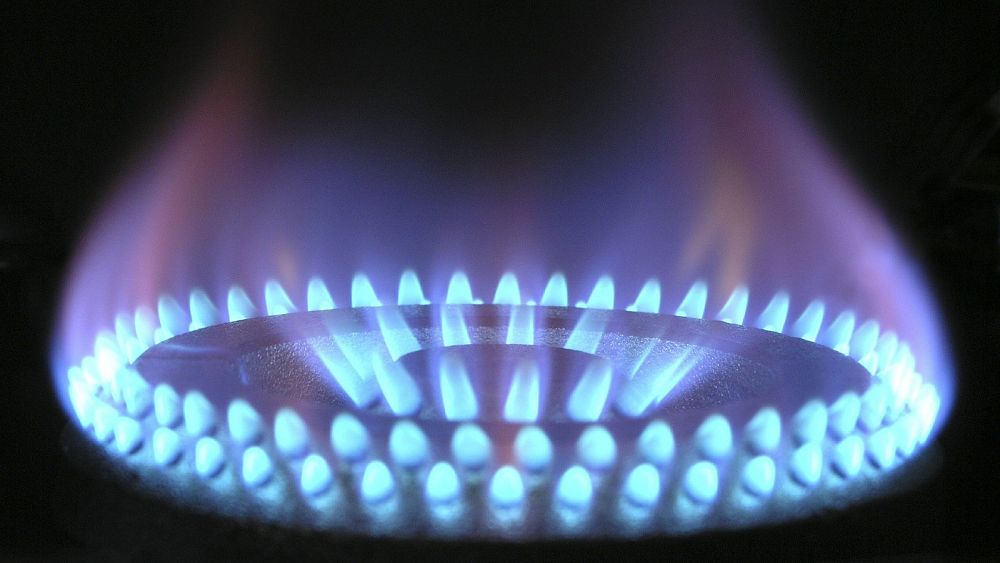Germany lowers natural gas tax to ease burden on consumers

Germany will temporarily lower taxes on natural gas to ease the pressures on customers amid soaring energy prices.
Chancellor Olaf Scholz said his government had decided to lower the value-added tax on gas from 19% to 7% until the end of March 2024.
Scholz made the announcement at a news conference in Berlin, one day after he was met with hostile protests near the capital.
“The rising gas prices are a big burden for many citizens,” Scholz said, adding that further measures would be announced in the coming weeks.
In addition to rising wholesale prices for natural gas caused by Russia’s invasion of Ukraine, German consumers will have to pay a new surcharge to prop up energy companies scrambling to find new supplies on the global market.
Russia has reduced flows of natural gas to Germany and other European countries, and there are fears of more cutbacks as the weather gets colder and demand increases.
The resulting high prices are fueling inflation, eroding people’s spending power and raising the possibility of a recession.
Scholz said lowering the tax on gas purchases was a matter of “justice … to ensure that the country remains united during this crisis.”
The measure effectively means that the new surcharges will be paid for from German government coffers.
“Gas is in very short supply at the moment, that’s why prices are high,” said Stefan Kooths of the Kiel Institute for the World Economy. “In such a situation, it’s not appropriate to water down price signals through state intervention in the tax rules.”
Kooths said it would have been better for the German government to tax gas in full and use the revenues to help those who are hardest hit by rising energy prices.
Scholz was confronted late on Wednesday with angry chants from hundreds of protesters during a town hall event in Neuruppin, 50 kilometres northwest of Berlin.
German news agency DPA reported that the protesters were organized by the far-right Alternative for Germany and the Left party.
